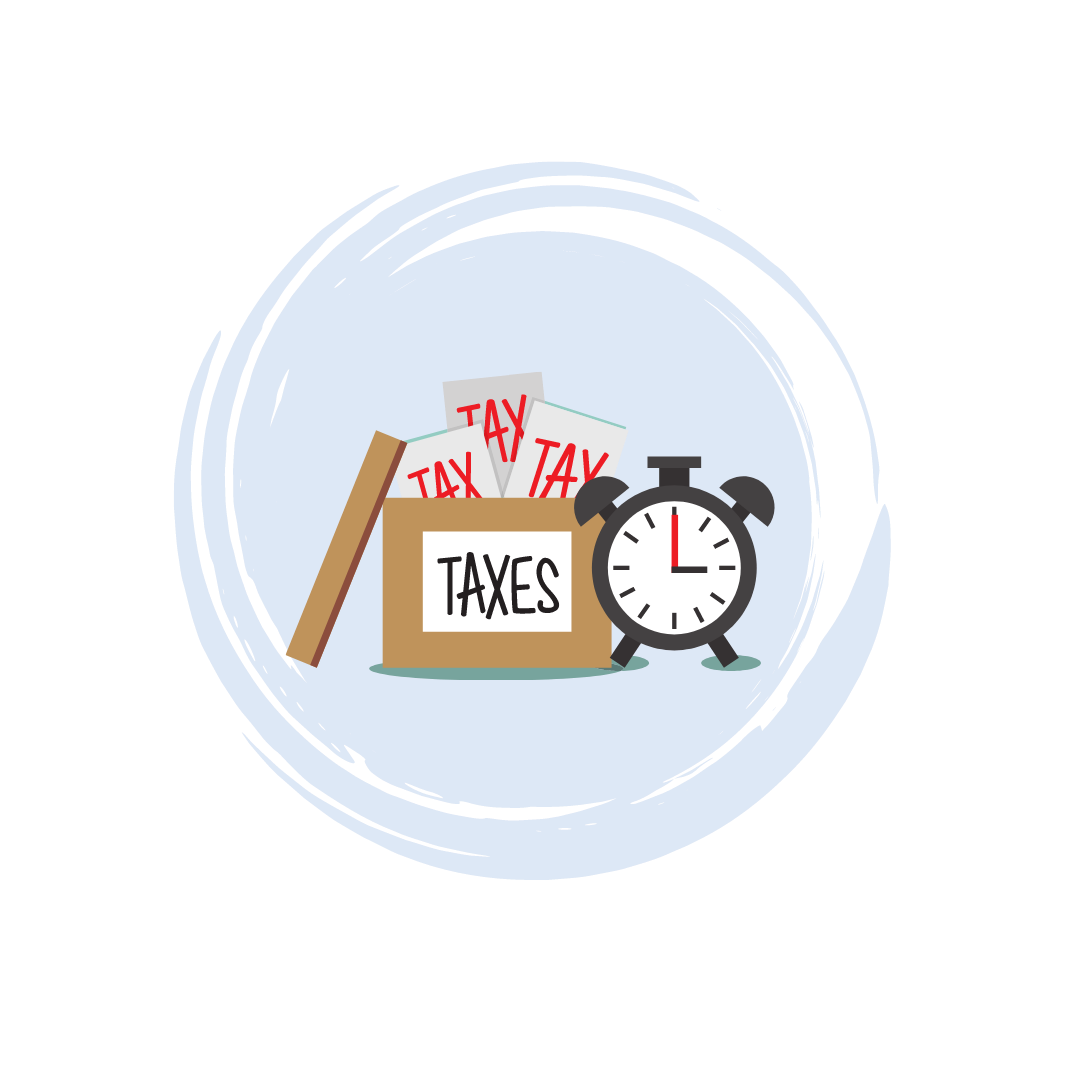
Travelling to a New Country is always an exciting moment but as soon you start working and earning in Germany the most commonly heard word is TAX. The terms “Taxation” and “Tax Returns” bring so much fear and confusion to expats, especially when the system is not very straightforward and filled with complicated German words.
Vanakkam Germany & SHORTAX Team provides you all the necessary knowledge and information about the types of taxes in Germany, who should pay taxes, how to get maximum tax returns and much more. Keep reading to find out more about the topic of taxes and learn about the system of tax returns!
INTRODUCTION
Tax refers to the compulsory monetary contribution made to the revenue of a country that is levied on the residents — it comes from income of the workers, business profits, cost of goods, services and transactions.
In Germany, whether you are a citizen or resident, the law requires you to pay taxes. The Federal Government “Bundersregierung” is in charge of the tax collection, which is done locally by the tax offices called “Finanzamt”. If you are an expat, employed in Germany, you would have noticed the term “Lohnsteuer” on your paycheck. This deduction is the monthly tax on your income. However, if you have your business, second job or a freelancer, then you need to submit the annual tax return, so the government calculates the income tax that you need to pay.

Who Should pay taxes in Germany?
Almost everybody who lives in Germany pays taxes. Anybody who earns an income, either through employment, self-employment, capital investment, agriculture and many other revenues has to pay income tax. In short, those who receive an income (whatever the means) should pay tax to the government. Taxes are also paid by those who buy products and services. If you buy a house or car, then you need to pay different type of taxes. Read on to learn more about different types of taxes in Germany.





